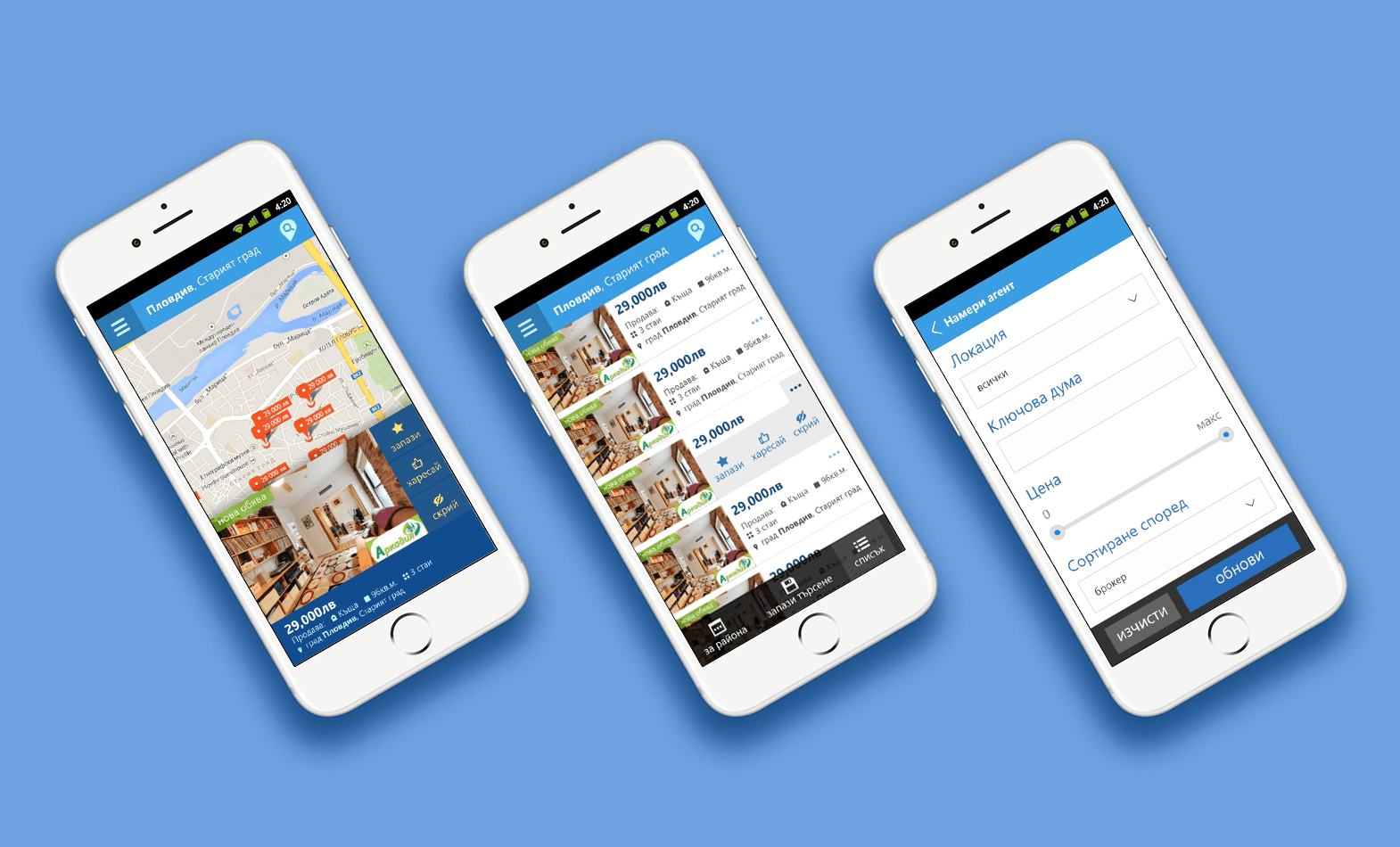Articles

Create a Professional Real Estate Website – Web Design by Wollow
How to Create a Real Estate Website That Sells
In the digital era, your website is not just your business card — it’s your best agent, working 24/7. With a professionally designed real estate website, you don’t just showcase properties — you build trust, capture emotions, and close deals faster. Here’s how Wollow helps you stand out:
Personalized Design Focused on Your Properties and Buyers
Your website should reflect the quality of the homes you offer. We create responsive, elegant designs that feel intuitive for visitors — whether they browse from a phone, tablet, or desktop.
Property Listings That Sell, Not Just Inform
Our platform allows you to:
-
Upload stunning photo galleries with every listing
-
Display key info: location, size, amenities, price
-
Offer intelligent filters (city, property type, price range, etc.)
-
Include VR tours or video walkthroughs (if available)
Integration with Real Estate Portals & CRM Systems
Forget manual uploads. Our system integrates via API with leading platforms (like Imoti.bg, Imoteka.bg) and your CRM — so you manage all your listings and leads from one central hub.
Add-On Business Tools
We offer additional tools that turn your website into a true digital office:
-
Online mortgage calculator
-
SMS and email alerts for new properties and inquiries
-
Automatic contract and document generation
-
Market analytics and location map integrations
Why Invest in a Real Estate Website?
- Build long-term trust with clients
- Automate processes and reduce human error
- Boost your visibility and inquiries
- Stay ahead of your competitors with a modern web presence
🔗 See Our Work 👉 Explore a real estate website example from Wollow
Let your real estate website do the selling for you. With Wollow, you get more than design — you get performance, automation, and reliability.

